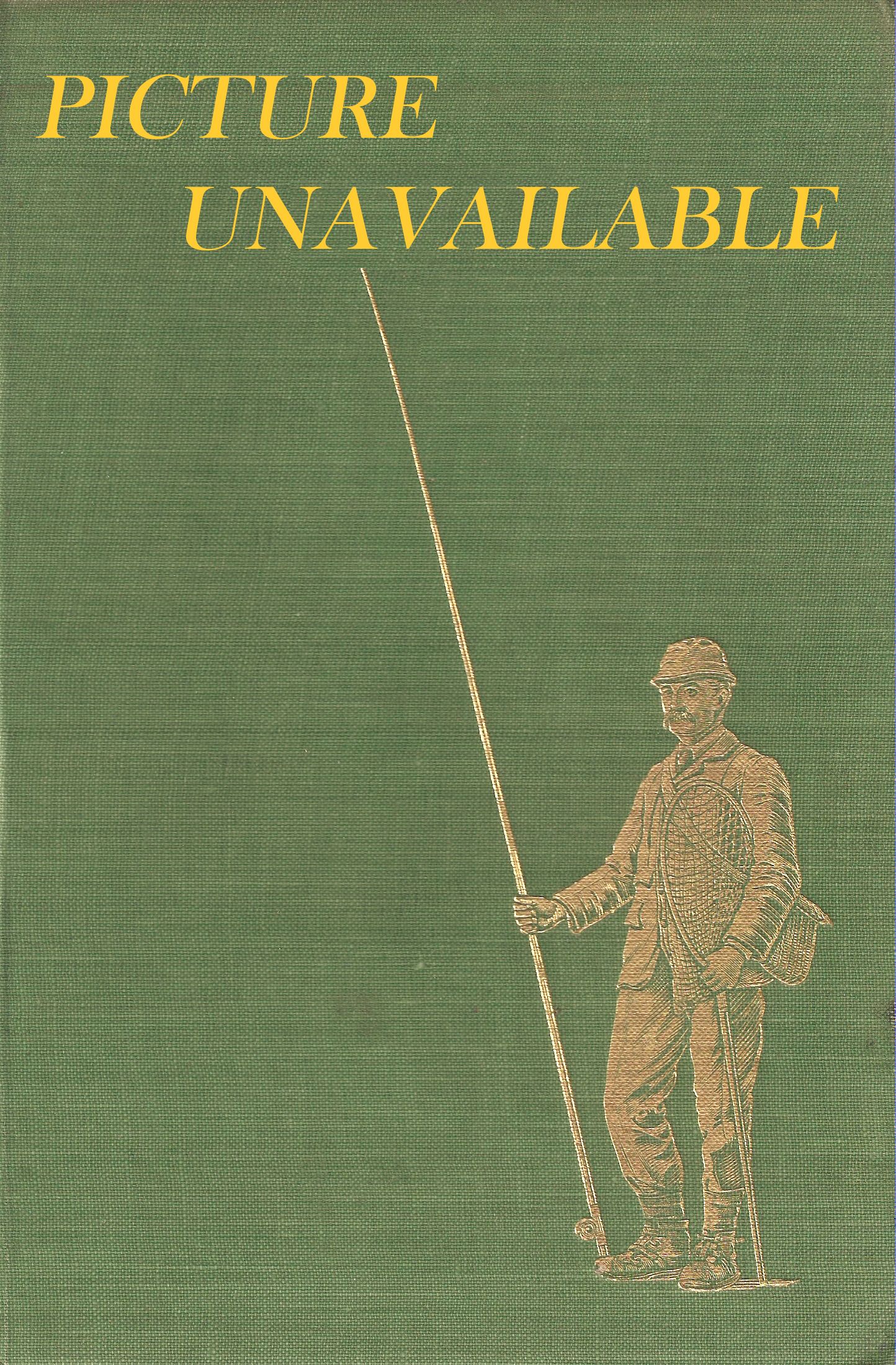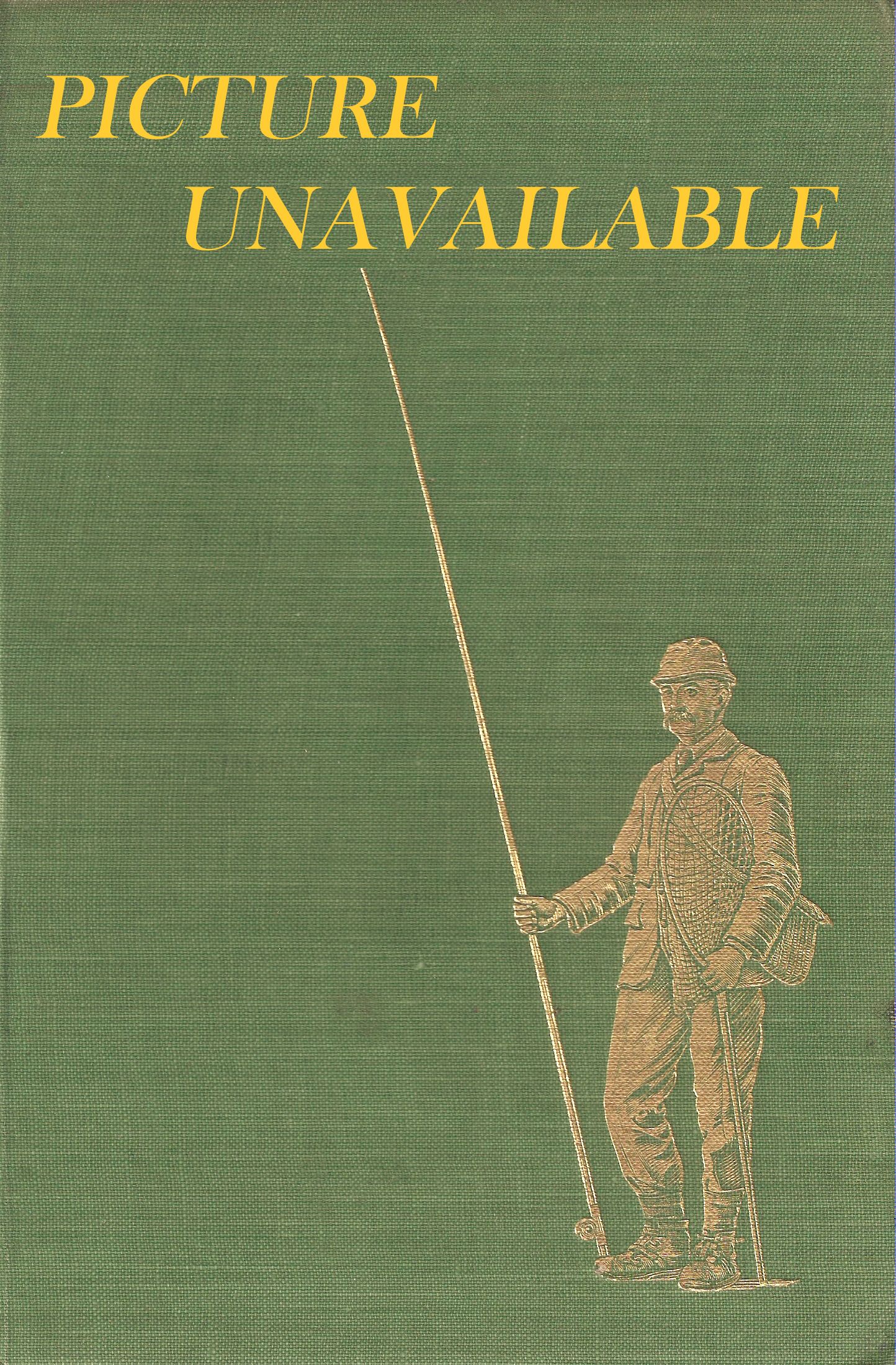CARNIVORE CONSERVATION. Edited by John L. Gittleman, Stephan M. Funk, David Macdonald and Robert K. Wayne. Conservation Biology series No. 5.
2001 1st edition. Large 8vo (154 x 235mm). Ppxiv,675. B/w photographs, graphs and tables, 119 page bibliography. Pictorial laminated boards. Issued without a dust-wrapper.
Published by Cambridge University Press for the Zoological Society of London. "Carnivores are the focus of intense attnetionand resources in conservation biology. It is often argued that because carnevores are at the top of the food chain, if the are protected, then other taxa will also be afforded adequate protection. ...In the past ten years, theoretical and empirical studies on carnivores have developed very quickly. This volume reviews and summarises the current state of the field, describes limitations and opportunities for carnivore conservation, and offers a conceptual framework for future research and applied management." A collection of scientific papers which touch uponconservation biology, mammalogy, animal behaviour, ecology and evolution. Chapters include: Part 1, Problems: Carnivore extinctions; Interspecific competition and extinction-prone carnivores; Conservation lessons from contemporary extinctions; Alien carnivores, unwelcome experiments in ecological theory; Carnivore introductions and invasions; Hybridisation and cnservation of carnivores; Demography and consequences of changes in prey availability; Human-carnivore interactions; Control, exploitation and conservation of carnivores. Part 2, Some Approaches and Solutions: Interdisciplinary problem solving, an introduction; Assessment of carnivore reintroductions; Interactions between carnivores and local communities; New methods for obtaining and analysing genetic data from free-ranging carnivores; Applications of genetic concepts and molecular methods; Role of reproductive sciences; Monitoring of terrestrial carnivore populations. Part 3, Prospects For Research And Conservation: Changing landscapes, consequences for carnivores; Behaviour of carnivores in exploited and controlled populations; The role of disease in carnivore ecology and conservation; Geographic priorities for carnivore conservation in Africa; Estimating interpopulation dispersal rates; Setting priorities for carnivore conservation, what makes carnivores different?; Postscript - carnivore conservation, science, compromise and tough choices.
Published by Cambridge University Press for the Zoological Society of London. "Carnivores are the focus of intense attnetionand resources in conservation biology. It is often argued that because carnevores are at the top of the food chain, if the are protected, then other taxa will also be afforded adequate protection. ...In the past ten years, theoretical and empirical studies on carnivores have developed very quickly. This volume reviews and summarises the current state of the field, describes limitations and opportunities for carnivore conservation, and offers a conceptual framework for future research and applied management." A collection of scientific papers which touch uponconservation biology, mammalogy, animal behaviour, ecology and evolution. Chapters include: Part 1, Problems: Carnivore extinctions; Interspecific competition and extinction-prone carnivores; Conservation lessons from contemporary extinctions; Alien carnivores, unwelcome experiments in ecological theory; Carnivore introductions and invasions; Hybridisation and cnservation of carnivores; Demography and consequences of changes in prey availability; Human-carnivore interactions; Control, exploitation and conservation of carnivores. Part 2, Some Approaches and Solutions: Interdisciplinary problem solving, an introduction; Assessment of carnivore reintroductions; Interactions between carnivores and local communities; New methods for obtaining and analysing genetic data from free-ranging carnivores; Applications of genetic concepts and molecular methods; Role of reproductive sciences; Monitoring of terrestrial carnivore populations. Part 3, Prospects For Research And Conservation: Changing landscapes, consequences for carnivores; Behaviour of carnivores in exploited and controlled populations; The role of disease in carnivore ecology and conservation; Geographic priorities for carnivore conservation in Africa; Estimating interpopulation dispersal rates; Setting priorities for carnivore conservation, what makes carnivores different?; Postscript - carnivore conservation, science, compromise and tough choices.
£90.00
Availability:
In stock
Book Code
62547
| Author | Gittleman (John L.), Funk (Stephan M.), Macdonald (David) and Wayne (Robert K.). Editors. |
|---|---|
| Book Code | 62547 |
| ISBN | 052166232X / 052166232X. |
| Book Description | Bumps to edges of boards, ink mark to bottom edge. An unread shelf-worn copy. |
| Book Cover | Hardcover |
| Published Date | 2001 |
| Publisher | Cambridge University Press. |
| Place | Cambridge. |



